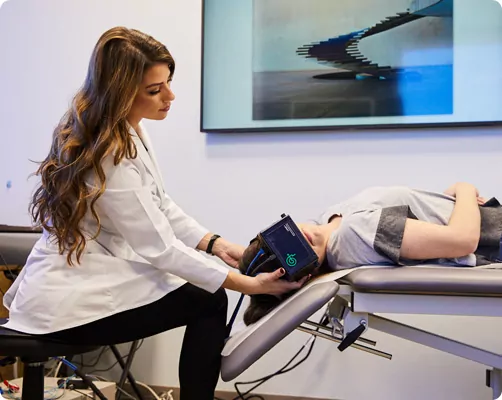Vertigo is just a issue indicated with a spinning feeling, dizziness, and loss in balance. It frequently results from issues in the inner ear or mind, making lifestyle demanding for folks who experience it. Fortuitously, with the best medication and correct management, medication for vertigo may be somewhat reduced. This informative article examines how to control vertigo effectively using medicines tailored to its causes and symptoms.

Knowledge the Causes of Vertigo
Before choosing the right medication, it's crucial to identify the main cause of vertigo. Popular causes contain Benign Paroxysmal Positional Vertigo (BPPV), Meniere's disease, vestibular neuritis, and labyrinthitis. Sometimes, vertigo might be associated with headaches or specific neurological disorders. Understanding the cause assists medical practioners prescribe the absolute most proper treatment.
Frequent Symptoms That Require Medical Interest
Vertigo signs can vary in seriousness and duration. The most typical signals include spinning feelings, vomiting, sickness, problems, unsteady gait, and hearing loss. When these symptoms persist or hinder activities, medical treatment and treatment become necessary.
Drugs Applied to Handle Vertigo
A few drugs can help alleviate vertigo symptoms, with respect to the trigger:
• Vestibular suppressants: These generally include antihistamines like meclizine, diphenhydramine, and promethazine, which reduce motion sickness and dizziness.
• Benzodiazepines: Drugs like diazepam or lorazepam may curb the key anxious program and reduce severe episodes of vertigo. But, they should be used short-term due to potential dependency.
• Antiemetics: For patients experiencing nausea and nausea, medications like ondansetron or metoclopramide tend to be prescribed.
• Diuretics: In cases like Meniere's condition, diuretics such as for instance hydrochlorothiazide lessen liquid buildup in the internal ear.
• Corticosteroids: Found in conditions like vestibular neuritis, corticosteroids like prednisone may minimize irritation and promote quicker recovery.
Combining Treatment With Life style Alterations

While treatment represents a central position in managing vertigo, lifestyle improvements are also important. Keeping hydrated, preventing unexpected head actions, reducing salt and caffeine intake, and handling pressure may increase the potency of medication. Vestibular rehabilitation workouts given by a physiotherapist can more improve stability and lower dizziness.
When to Visit a Expert
If vertigo indicators persist despite treatment, it's imperative to consult an ENT consultant or neurologist. More tests like MRI or experiencing assessments could be had a need to exclude more serious conditions.
Realization
Controlling vertigo efficiently involves understanding its trigger and utilizing the correct combination of medications. With timely intervention, lifestyle changes, and standard checking, people may considerably reduce symptoms and restore control around their day-to-day lives.
